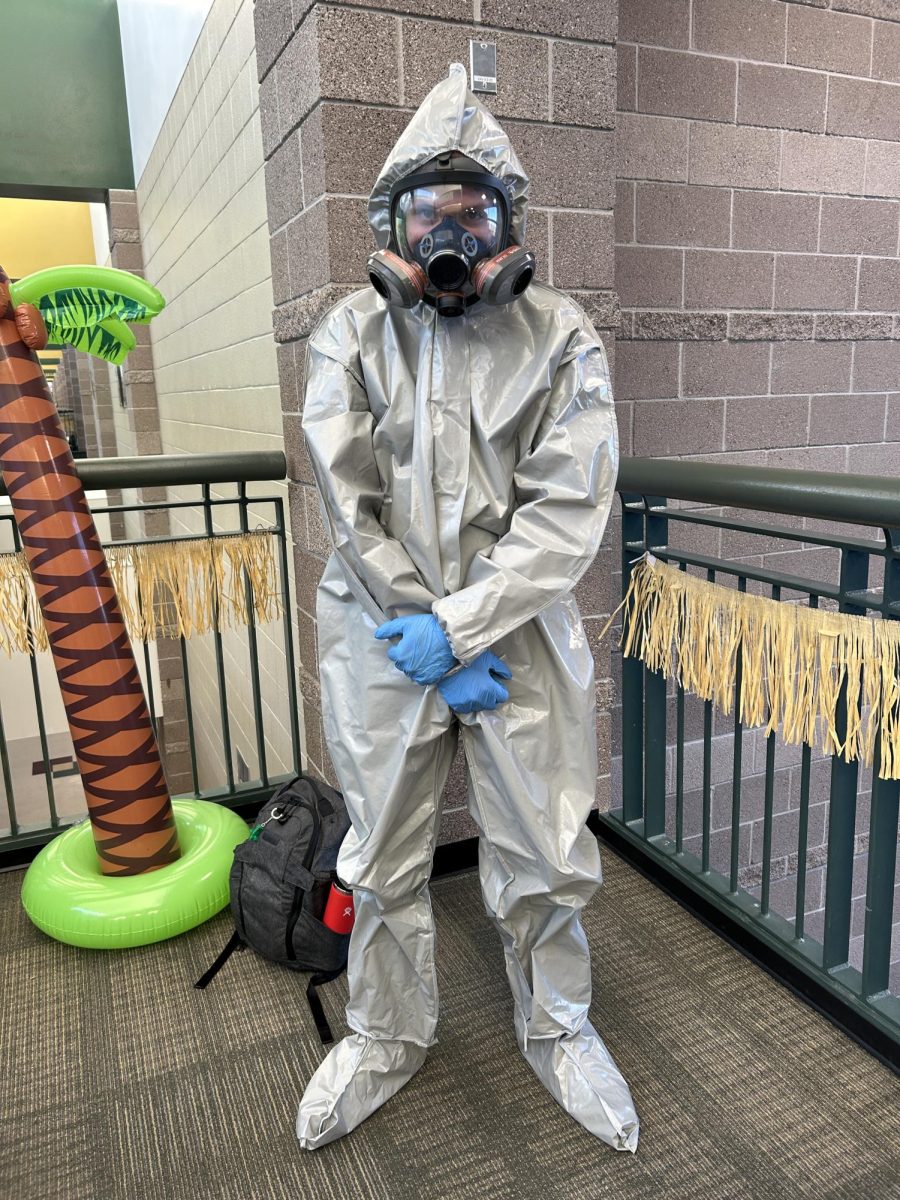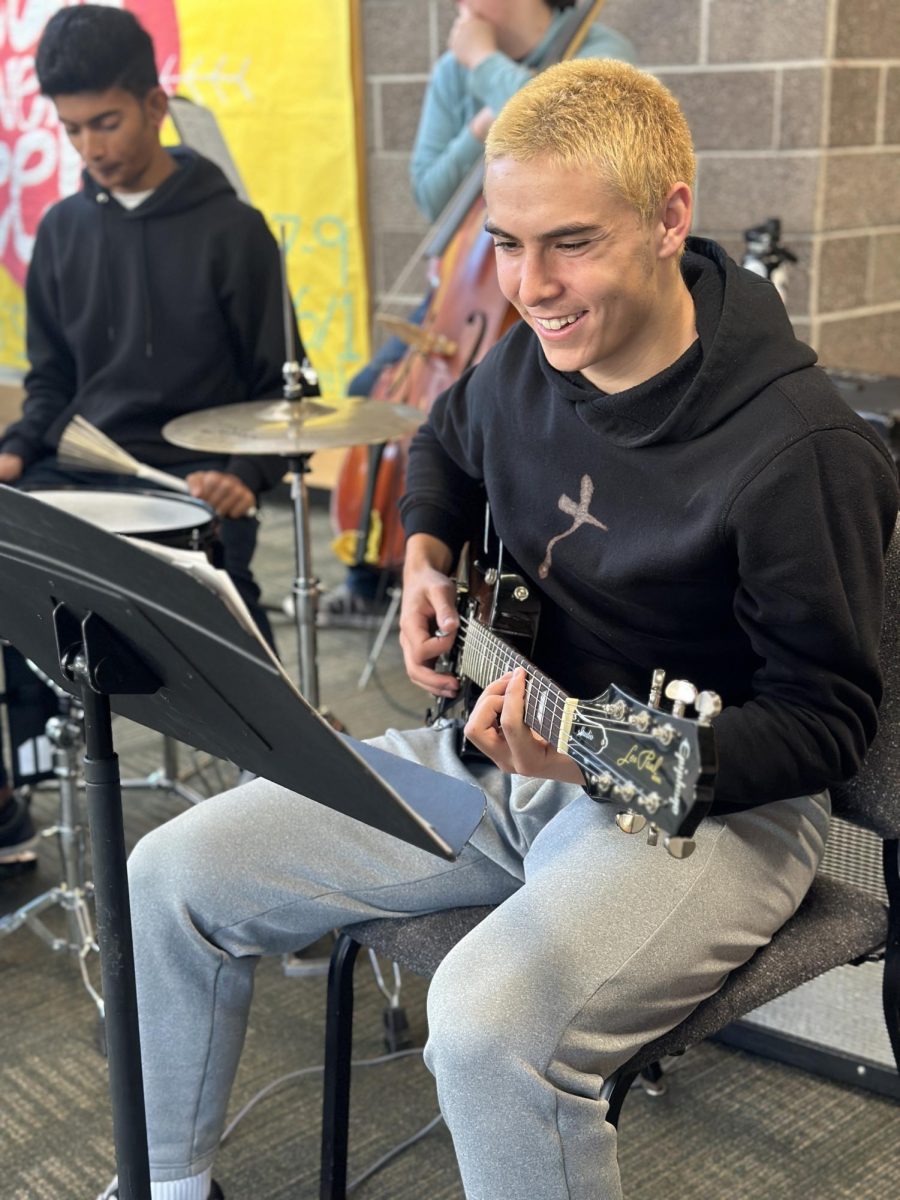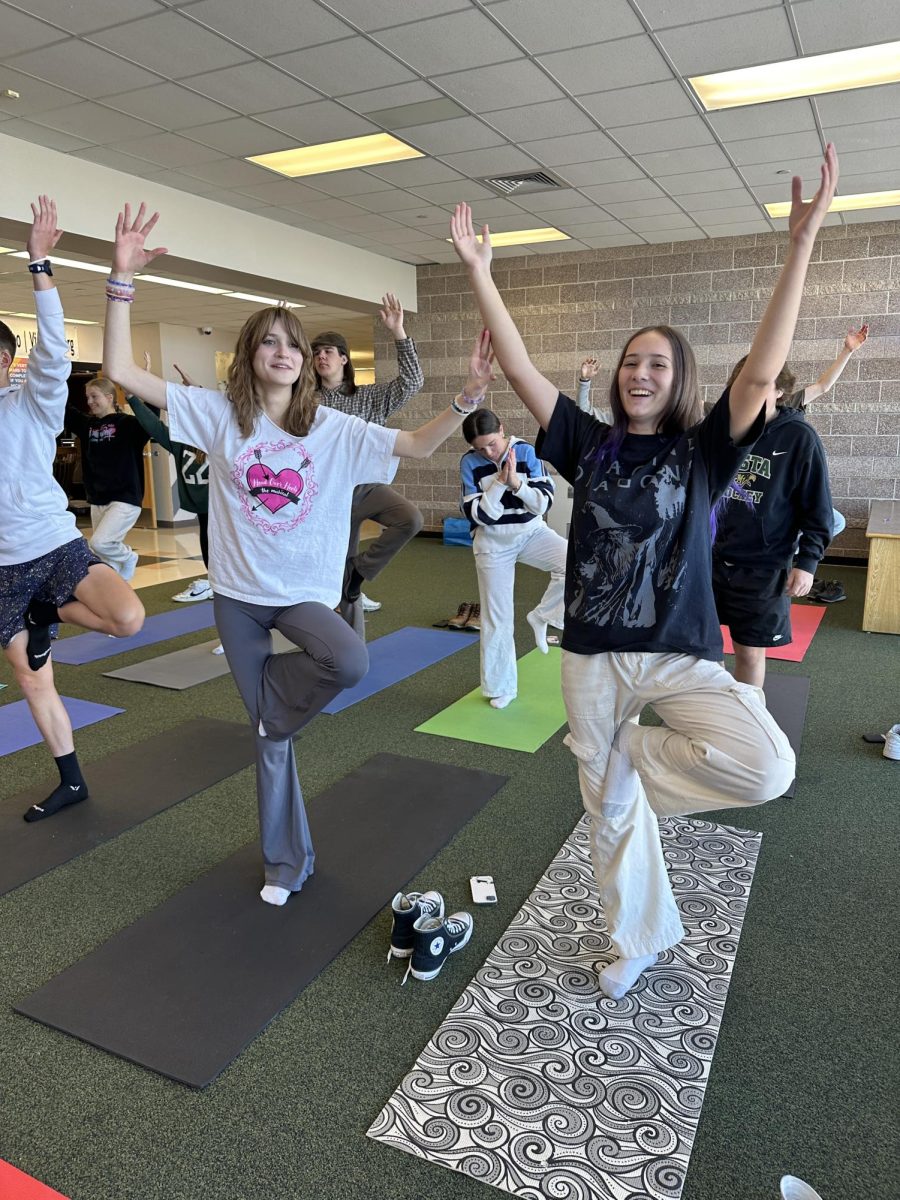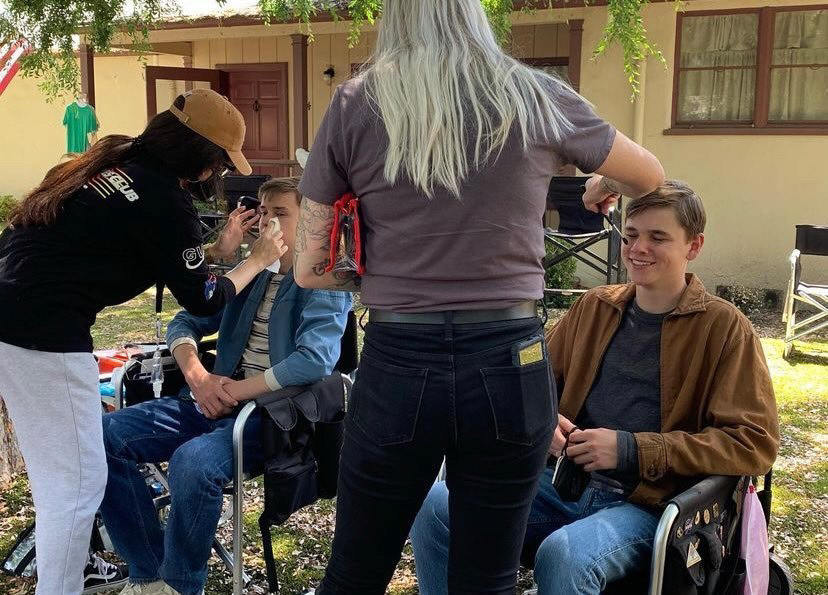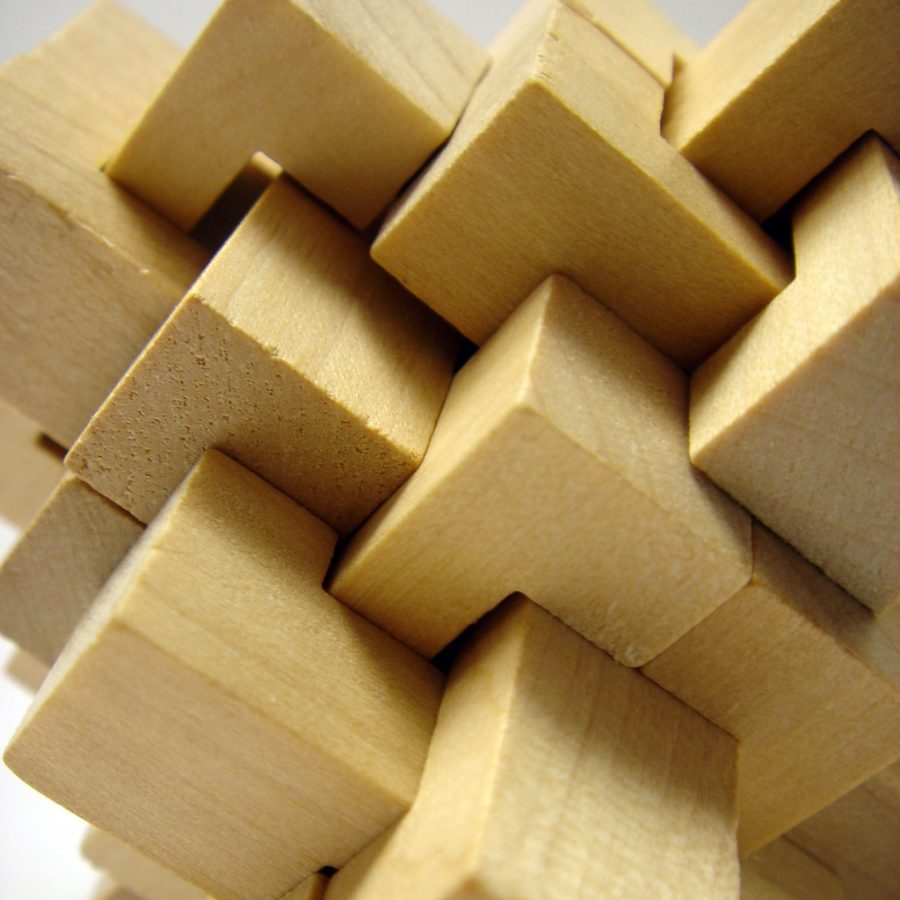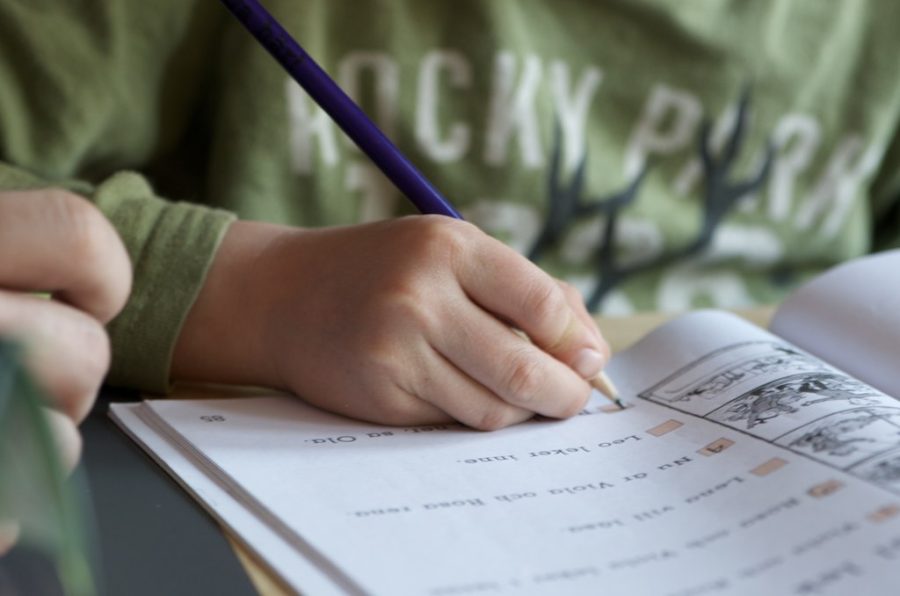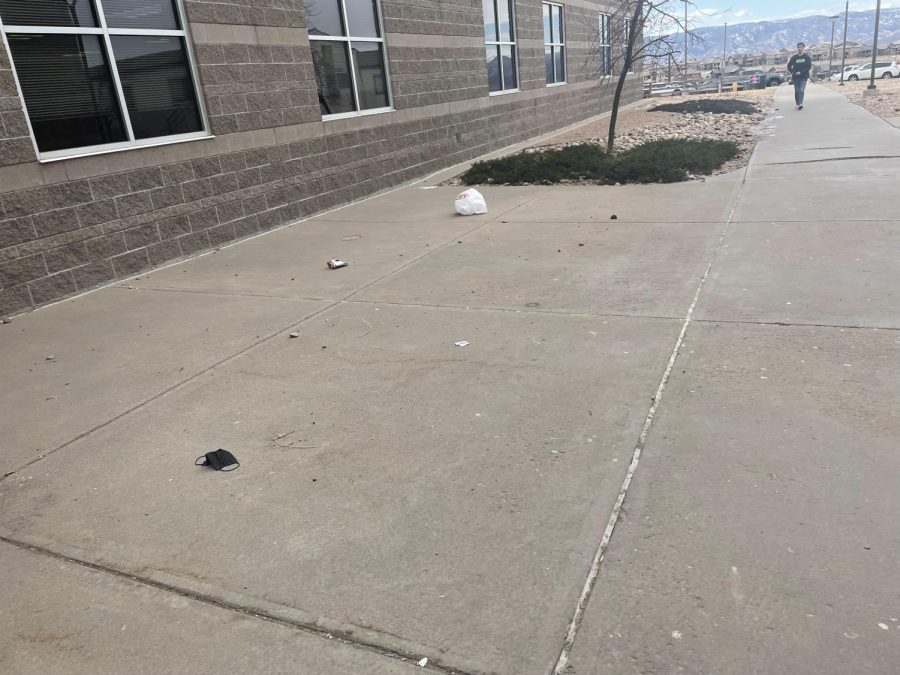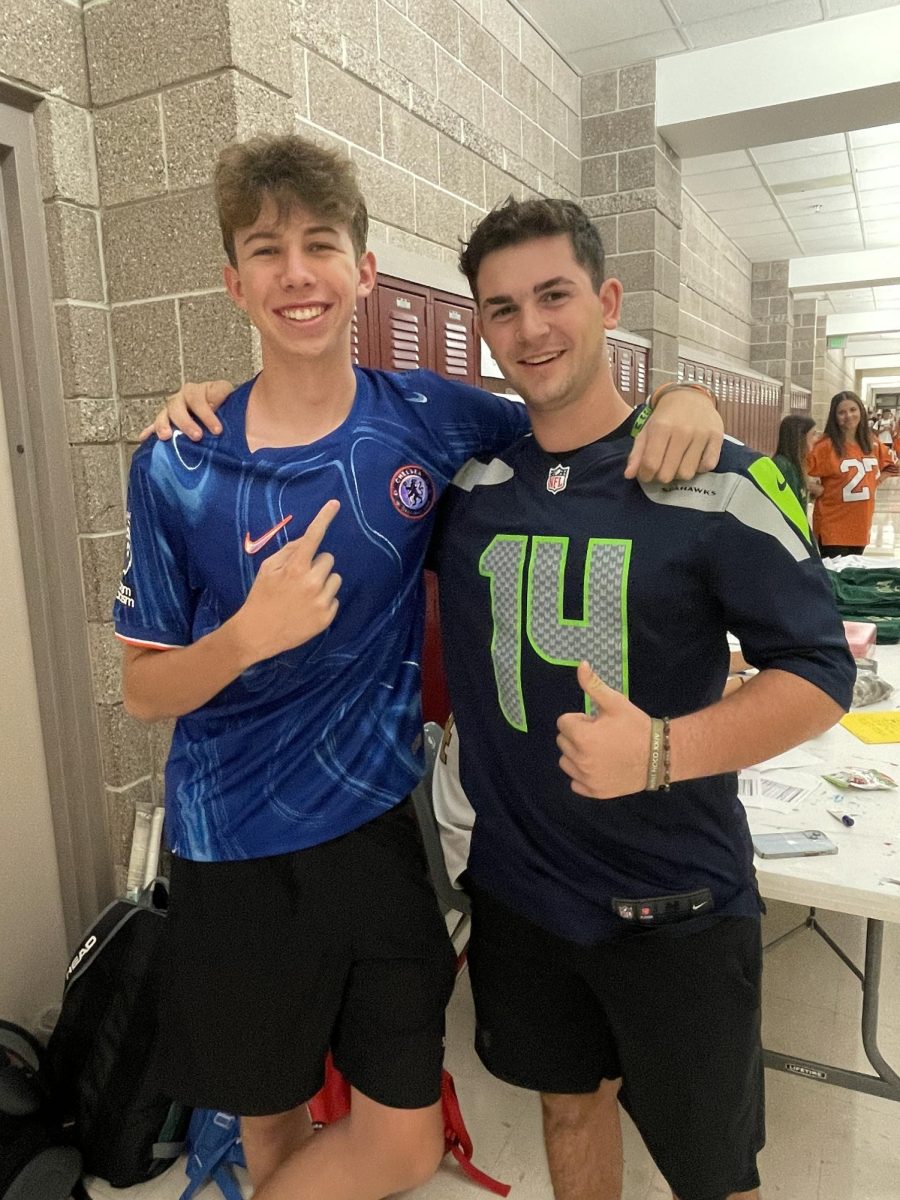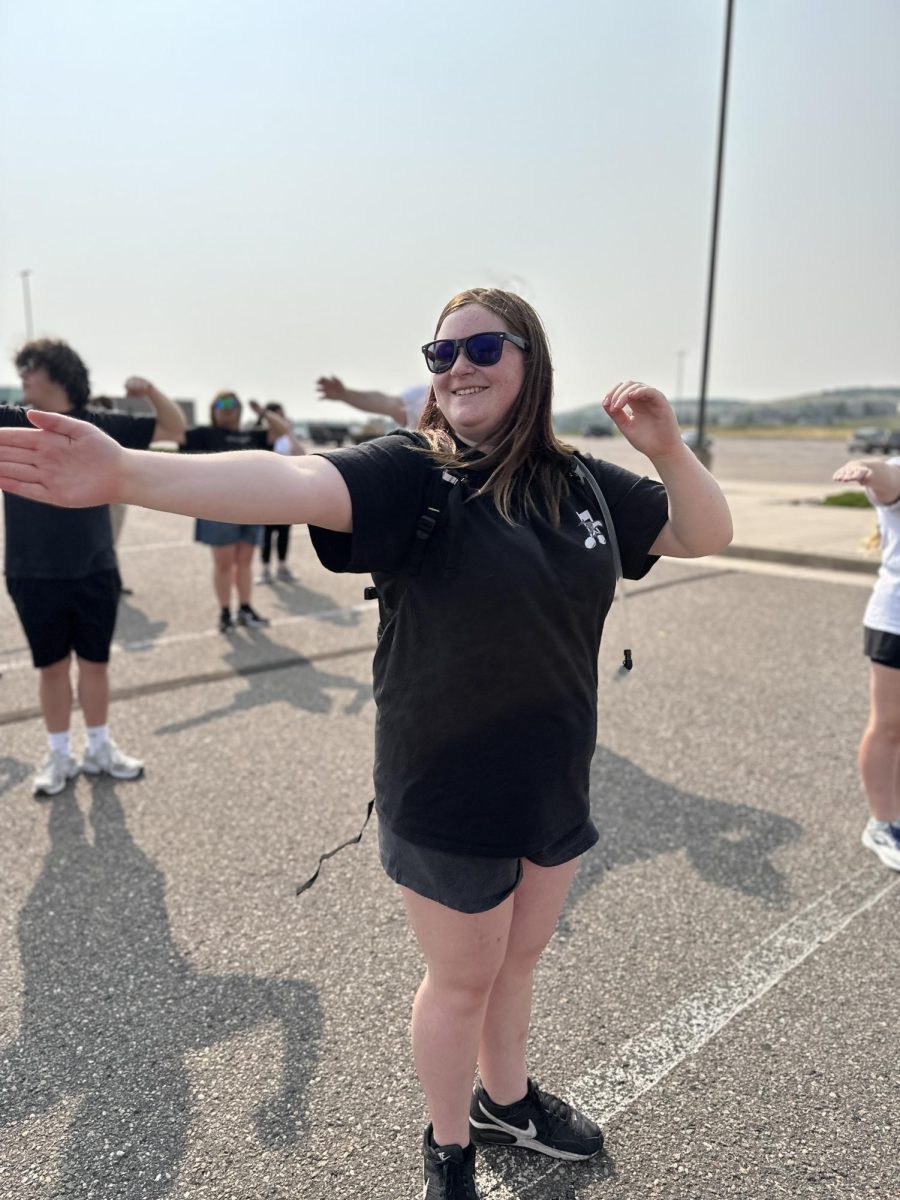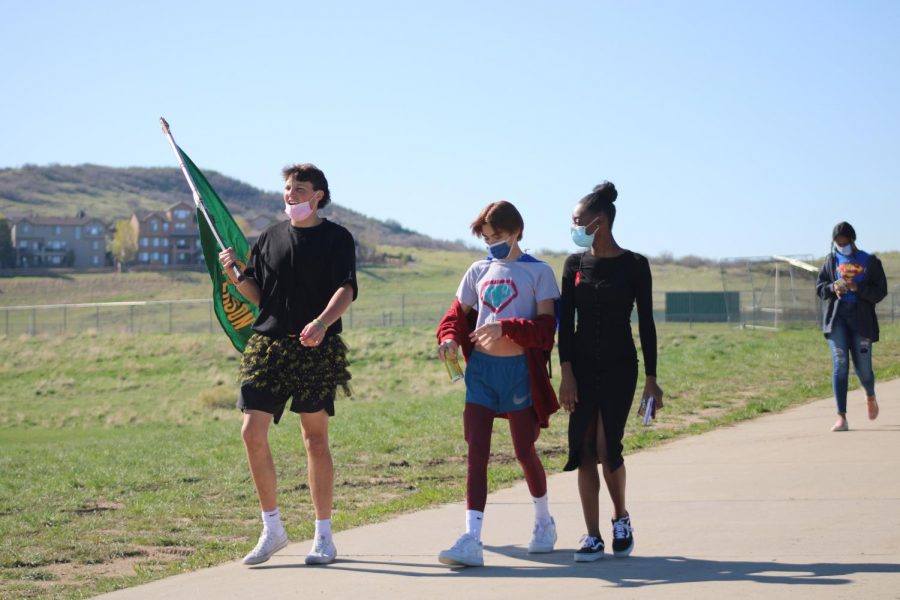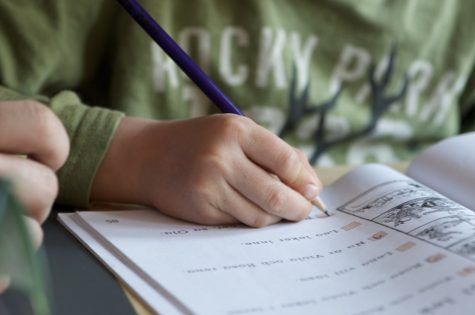Tips To Help With Sleep

//HANNAH JENKINS//
With finals fastly approaching, it is more important than ever to get a good nights rest. However, getting sleep is extremely difficult for students. Around 87% of all high school students are sleep deprived (source). Here are three ways to help one sleep in order to make sure that you are not part of 87%.
- Stop Using Technology Before Bed
An average teenager uses their technology (phones/computers/tablets/etc…) around nine hours a day (source). According to an article by sleep.org: ¨Smartphones—like laptops, tablets, and televisions—emit blue light, which is a type of light that the brain interprets as daylight. The blue light actually suppresses melatonin (a hormone that affects circadian rhythm and should increase when you are preparing for bedtime). The result: Your brain feels stimulated. This is fine if you’re looking at your smartphone’s screen at noon, but if you’re looking at the screen at midnight, your brain is going to get confused and think that the sun is out which will make it tougher for you to fall asleep.¨The article then goes on to say that a person should stop using technology at least an hour before bed in order to get a good night sleep.
- Do Not Eat Before Bed
Many people believe that eating a big meal before bed will help them sleep, however this is not the case. “A major drawback of eating large meals before going to bed is disrupted sleep. Once you eat, your metabolism fires up, which makes it difficult to fall asleep and sleep soundly. Also, lying down with a large amount of food in your stomach can be uncomfortable,” Kay Uzoma said in a article about the impacts of eating before bed. A person needs to wait at least two to three hours to go to sleep after eating a big meal. If a person waits four to five hours after a big meal and they are feeling a little hungry, they should eat a small snack (source).
- Sleep With A Weighted Blanket
Another way to help sleep is sleeping under a weighted blanket. A weighted blanket helps a person sleep because of Deep Touch Pressure (DTP). An example of DTP is giving or receiving a hug. DTP helps raise the body’s serotonin (source). According to an article on the benefits of sleeping with a weighted blanket: “Weighted blankets help improve melatonin because they help produce serotonin. Serotonin is a key building block for your body to create melatonin, so increasing serotonin will help your body produce melatonin.” Melatonin is a hormone that helps with a person sleep cycle, meaning an increase of melatonin will help the body get a full night’s rest (source).
Sleep is incredibly important, especially for students. Teenagers require more sleep because their minds and bodies are constantly growing, thus needing energy from sleep. Using these tips above, make sure that you get the recommended 8 to 10 hours of sleep so that you can conquer your day life (source).

